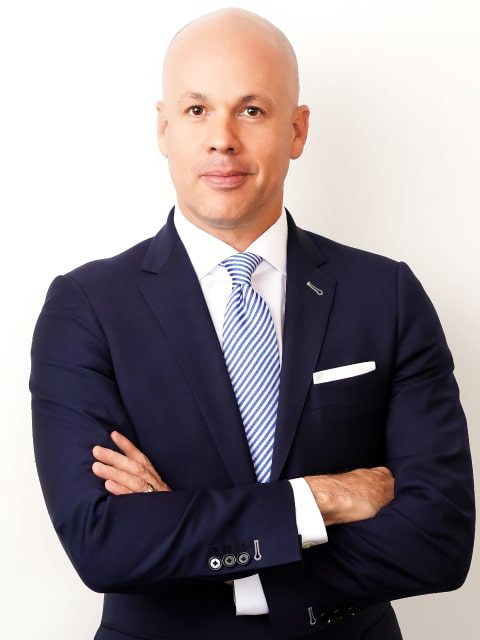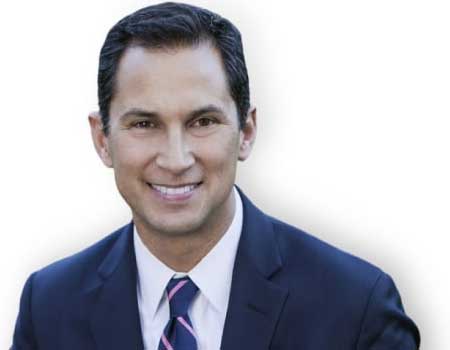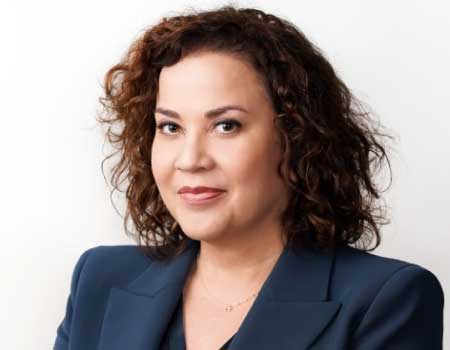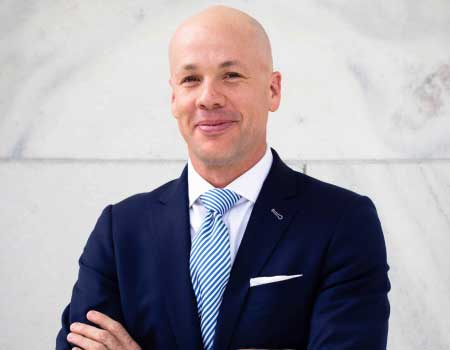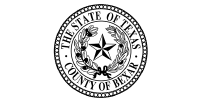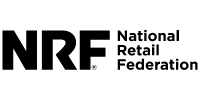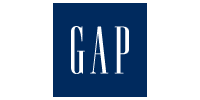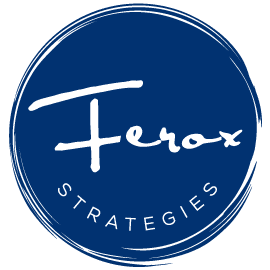Ferox Principal Mark Williams shared his expert insight in a Bloomberg Law article by Kate Ackley titled “House GOP’s Coalition Outreach Invigorated by Humor, Hot Sauce.”
“It’s more important than ever to get all Republicans, all sides of the conference, from downtown to conservative think tanks on the same page as any number of pieces of legislation move through the House,” said Mark Williams, a former House GOP staffer who is now a partner at Ferox Strategies.
Check out the full article here and below.
House GOP’s Coalition Outreach Invigorated by Humor, Hot Sauce
by Kate Ackley
July 17, 2023
- Hailey Borden, Jason Rogers are liaisons to outside groups
- Emmer’s operation is reaching out to smaller businesses
The regular emails from Hailey Borden and Jason Rogers to lobbyists and conservative activists offer a trove of legislative intelligence, but it’s the references to hot sauce and ‘Groundhog Day’ jokes that really set these House aides apart.
Borden and Rogers, who lead outside coalitions for House Majority Whip Tom Emmer (R-Minn.), serve as a formal link between GOP leadership and the business interests and conservative organizations with a stake in the chamber’s agenda. The staffers organize meetings with lawmakers and lobbyists, as they work to round up the votes for legislation on the floor with a slim majority and a GOP that is shifting away from big business interests.
“We really do brainstorm ideas of how to get these bills out of committee and across the finish line here in the House,” said Borden, who as director of business coalitions for the whip team is a point person for industry representatives.
“I think our big thing here is just trying to mitigate surprises,” added Borden, during an interview in the blue room inside the whip’s Capitol office, where many of the coalitions meetings happen. “That’s the last thing you want in a whip office. Our goal is that everyone at least knows what we’re doing and what we’re trying to accomplish and why we’re doing it.”
Hailey Borden and Jason Rogers, who serve as liaisons to outside groups in the House Whip’s Office.
They’ve held sessions with cryptocurrency, energy, defense, and other business interests as well as with parent activists and sports figures on some of House Republicans’ legislation over wedge social issues, such as a measure setting limits on transgender student athletes.
Looking ahead, Borden and Rogers expect to organize sessions on appropriations bills and a Federal Aviation Administration reauthorization, among others.
The House whip team’s coalitions work is all the more pivotal in the narrowly divided House where there’s friction within the party. The conference’s most conservative members temporarily held up legislation because of dissatisfaction with the debt limit deal while more centrist lawmakers have warned leadership about bringing up divisive social issues that alienate voters in swing districts.
“It’s more important than ever to get all Republicans, all sides of the conference, from downtown to conservative think tanks on the same page as any number of pieces of legislation move through the House,” said Mark Williams, a former House GOP staffer who is now a partner at Ferox Strategies.
To break up the monotony of the coalition updates, Borden said she likes to infuse a little fun in the roundups about pending legislation and invitations to upcoming meetings.
In one, she featured fellow whip staffers’ hot sauce rankings to highlight a meeting Emmer had with Drew Davis, owner of Crippling Hot Sauce. She cracked a ‘Groundhog Day’ joke (“I keep hearing the same ones over and over.”) back in February. And the team invited a large contingent of lobbyists to a “cool whip” meeting in late March, held in room HC-5 of the Capitol on a major energy bill (H.R. 1). Cool stands for “coalitions or other lobbyists.”
It’s meant to encourage a back-and-forth and to build connections, she said.
A Changing Party
As the House Republican conference has shifted rightward and more populist-leaning with a base becoming more blue-collar and rural, coalitions aides have had to navigate those changes, lobbyists and aides said.
Tim Pataki, a partner at the CGCN Group, was Borden’s boss in the White House when he led the Office of Public Liaison and said he’s worked with both Borden and Rogers in their coalitions roles.
“Those two have a phenomenal feel for where the conference is right now, and they’re able to adapt and be this tag team that can find the right support for the right bill at the right time,” said Pataki, a former House Republican leadership aide who managed coalitions for the House Energy and Commerce panel.
The key to reaching a 218 majority in the current, and slim, House GOP majority is increasingly through local small business leaders and groups, even trade unions, and less the national big business organizations, Pataki said. By contrast, “10-12 years ago, it was everything to get those big trade association endorsements and key votes,” he said.
Borden agreed that the current whip team focuses more on local groups.
“We prioritize conversations with business groups that are really impactful with our members, and right now that is a lot of local chambers, a lot of state and local affiliated groups,” she said.
Rogers said the whip team views legislation through the prism that members’ top priority is their constituents, a message that Emmer, the newest member of the leadership team who spent two election cycles leading the House GOP campaign arm, repeats.
“So we’re looking for groups and stakeholders that our members listen to and that are the constituents of our members so that when our members are voting on these bills, they know that they have support back home on these policies,” Rogers said.
Lines of Communication
Defense lobbyist Michael Herson, president of American Defense International, has been attending coalitions meetings going back to when then-Rep. Tom DeLay (R-Texas) was whip from 1995 to 2003 and said the meetings with lobbyists and industry representatives can help provide the whip team with insight about policy pitfalls or intelligence about what other lawmakers, on both sides of the aisle, are considering.
“It’s a recognition of the important role that the lobbying community downtown has in making the wheels of government turn,” Herson said.
“We’ve been able to have kind of casual conversations with people that have then yielded to stronger relationships where we can actually work together on policy,” said Borden, who started her career as an intern on the Hill and has held several other congressional staff jobs and worked in the Trump White House.
On the energy bill, Rogers and Borden said conservative and business interests were largely aligned. That’s not always the case on other House GOP bills that head to the floor, including the early June debt ceiling deal or immigration and government funding measures.
“One aspect of the job is building support for the legislation, but the other aspect is really just communicating and looping in groups and making them feel heard,” said Rogers, a former chief of staff to Rep. Chip Roy (R-Texas). “There are situations where conservatives are not in favor of something, and my job is just to inform them, make them feel like they have a line of communication into what’s being done.”
Emmer said the coalitions aides play a pivotal role in the whip operation.
“You’re only as good as the team you put on the field,” Emmer said in a statement.
The whip’s office has long been a spot for formal outreach, and most committees also have point-staffers for coalitions. Other former GOP aides who have had such roles have gone on to prominent roles downtown, including Sam Geduldig, a partner at the CGCN Group; Ashley Hoy of Monument Advocacy; and Matt Bravo at S-3 Group, among others.
Democratic leaders also have aides who do outreach to liberal organizations and other outside interests.
“I honestly think it’s a good thing to bring in constituencies and hear from them,” said Lisa Gilbert, executive vice president of Public Citizen, a liberal-leaning group.
Read More

